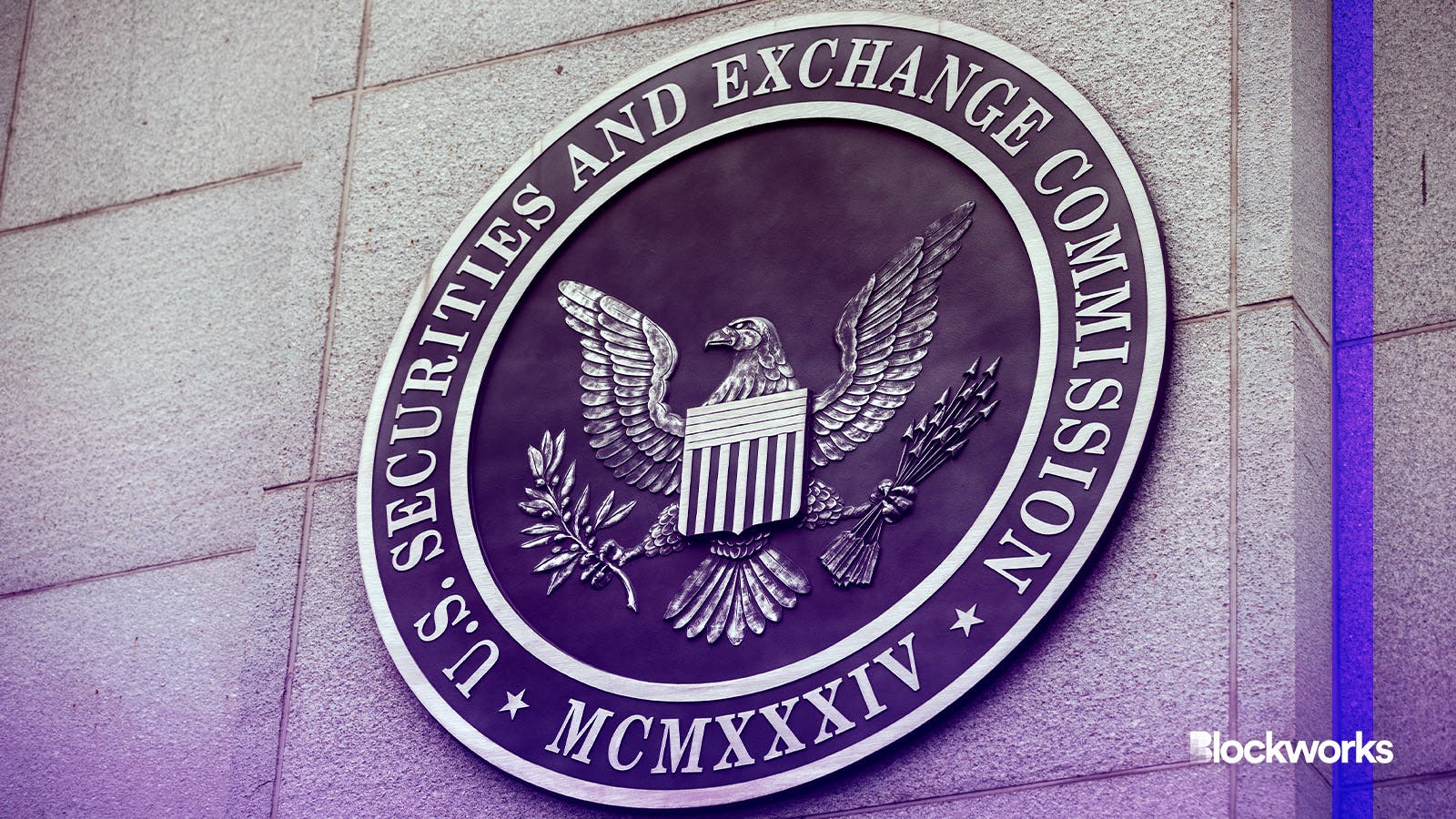Is the SEC weighing a lawsuit against Consensys?
Last year, the SEC served Coinbase with a Wells Notice just months before filing a lawsuit. Is the same about to happen to Consensys?

AevanStock/Shutterstock modified by Blockworks
On Thursday, Consensys — the company behind MetaMask — filed a lawsuit against the Securities and Exchange Commission and its Chair, Gary Gensler.
There was a lot to digest in the 34-page complaint, which revealed that the SEC is looking into ether’s status and whether or not it should be considered a security.
However, another newly revealed detail was hidden in the complaint: The SEC served Consensys with a Wells Notice earlier this month. The Notice tells the receiver that the regulator is looking to bring an enforcement action against them, and outlines what the charges could be.
“This is just the latest example of aggressive SEC regulatory overreach into sectors far beyond US capital markets: the SEC has decided to regulate environmental policy and corporate governance (boards of directors), and now wants to regulate the technological evolution of the Internet,” Consensys said in a blog post Thursday.
Read more: SEC seeks to regulate ETH as a security, Consensys alleges in lawsuit
The SEC also sent Uniswap a Notice earlier this month. Last year, it served Coinbase just a few months before filing its official suit against the exchange — notably, right after it served Binance.
So, based on the timeframe in Coinbase’s case, Consensys could be served later this summer if the SEC is considering a case against the company.
What charges could the SEC bring against Consensys?
Focusing just on the Wells Notice, Consensys said the SEC alleges that it violated securities laws through MetaMask Swaps and MetaMask Staking.
“In a telephone conference that same day, the SEC staff stated its view that Consensys, by operating the MetaMask Swaps software, is an unregistered broker-dealer,” which would violate the Exchange Act, Consensys said.
Read more: US states are going after Coinbase following SEC lawsuit — Here’s how
The Staking program, the regulatory agency allegedly claimed, violates the Securities Act by offering and selling unregistered securities.
“Like the rest of the MetaMask wallet software, the MetaMask Staking feature is entirely non-custodial; at no point does Consensys come into possession, custody or control of a user’s tokens, nor can it alter in any way the user’s transaction instructions to the protocol,” Consensys wrote, pushing back against the claims.
What the SEC alleged in other cases
Similarly to Consensys, the SEC alleged that Coinbase’s Staking offering violated the Securities Act.
In the original suit against Coinbase, the SEC alleged that “the Staking Program includes five stakeable crypto assets, and the Staking Program as it applies to each of these five assets is an investment contract, and therefore a security.”
A court, last month, mostly sided with the SEC in denying a motion to dismiss from the crypto exchange.
Specifically, Judge Katherine Polk Failla found that the SEC “sufficiently alleged that Coinbase offers and sells the Staking Program as an investment contract,” which could open the door for the SEC to push forward with the allegation against a firm such as Consensys.
Read more: ‘Fundamental difference’ between SEC’s Binance, Coinbase suits
And Coinbase wasn’t the only firm to be targeted for its staking program. Last June, the SEC also alleged that Binance US’s staking program constituted an investment contract.
In the original complaint, the SEC wrote that Binance and BAM Trading, which oversees Binance US, “have engaged and continue to engage in unregistered offers and sales of crypto asset securities, effecting unregistered crypto asset securities transactions on the Binance Platforms.”
The SEC and Consensys did not immediately respond to requests for comment.
Get the news in your inbox. Explore Blockworks newsletters:
- The Breakdown: Decoding crypto and the markets. Daily.
- 0xResearch: Alpha in your inbox. Think like an analyst.






